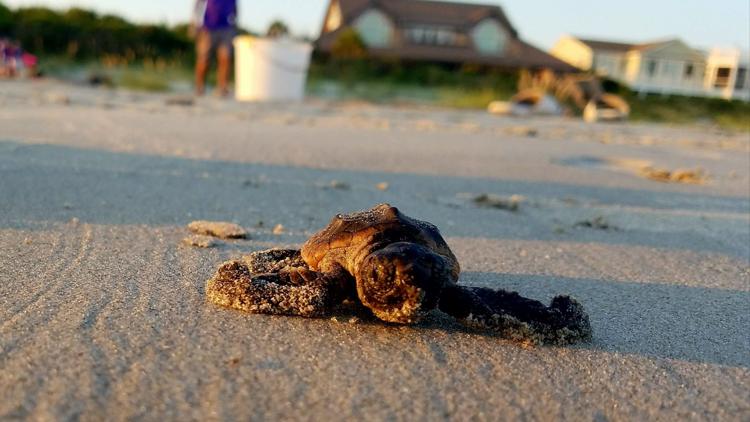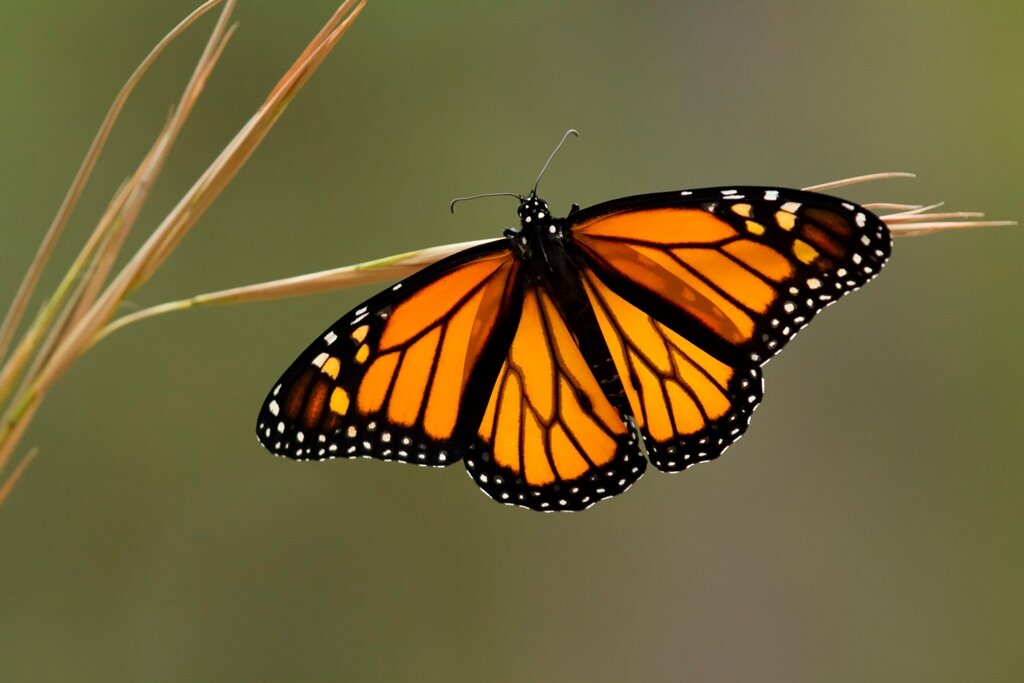
Keep South Carolina Wild
June 26, 2019
Letter to the Editor in the Post & Courier 6/26/19
Hurricane season is here, and the 1st Congressional District has a lot to be grateful for. Stretching from about Awendaw to the Savannah River, the district is fortunate to have numerous permanently protected shoreline properties, and due to their intact geomorphology, they are better equipped to handle the wrath of hurricanes than their more developed neighbors.
Areas like the Cape Romain National Wildlife Refuge and Botany Bay on Edisto Island have buffered inland communities for centuries, typically lessening the impacts on humans as well as wildlife. Despite protections for the islands themselves, our wildlife populations are still vulnerable.
The changing climate points to increases in the frequency and intensity of storms. These changes can disturb natural wildlife populations. Shorebirds can be blown hundreds of miles from their home habitats.
The loss of coastal forests can be devastating to species that depend on them. Storm surges, high winds and waves can submerge sea turtle nests and destroy eggs.
Saltwater intrusion into brackish ponds and streams can harm or kill the grasses, crabs, minnows, and insects that provide the foundation of the coastal food chain and destroy biodiverse freshwater wetland systems.
The abundance of freshwater and sediment from upstream can also upset the fragile balance. In short, we’re fortunate for the ability of sections of our coast to flex, to an extent, with changing weather patterns.
In addition, the oceans are warming, and sea levels are rising at an alarming rate. The state’s elected leaders need to address these problems now.
First District Rep. Joe Cunningham is one of the sponsors of HR 9, which deals with climate change. The S.C. Wildlife Federation urges all South Carolinians to read the provisions of this important measure and make your feelings known. Attend a town hall meeting on the matter and contact your elected representatives about the need to respond to climate change. Share your personal stories and encourage others to act.
Your grandchildren (and the turtles) will appreciate it.
SARA K. GREEN
Executive Director
South Carolina Wildlife Federation
Pickens Street, Columbia
Photo by Josh Shilko, provided for Post & Courier
Tags: Birds, Climate, hurricanes, marine, Post & Courier, Sara Green, Sea Turtles, Wildlife

By Hannah Nybo, SCWF community outreach intern With support from people all over South Carolina and deep appreciation for generous donors and volunteers, this year’s native milkweed seed distribution program...
We share our state with wild creatures who inspire wonder. Maybe you have paddled through the Sparkleberry Swamp and seen the vivid yellow of a Prothonotary warbler, or hiked in...

By Jay Keck, SCWF Habitat Education Manager Published 9/24/21 in Chapin Magazine Everyone knows the phrase. Say it with me: “The only good snake is…a dead snake.” Yikes! That’s a...